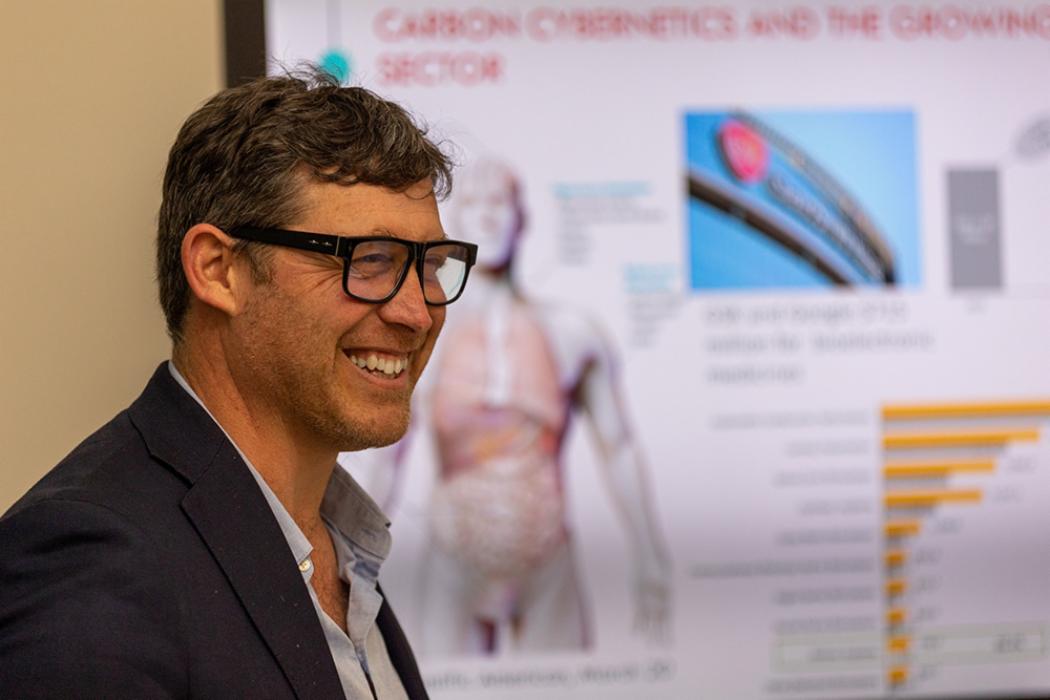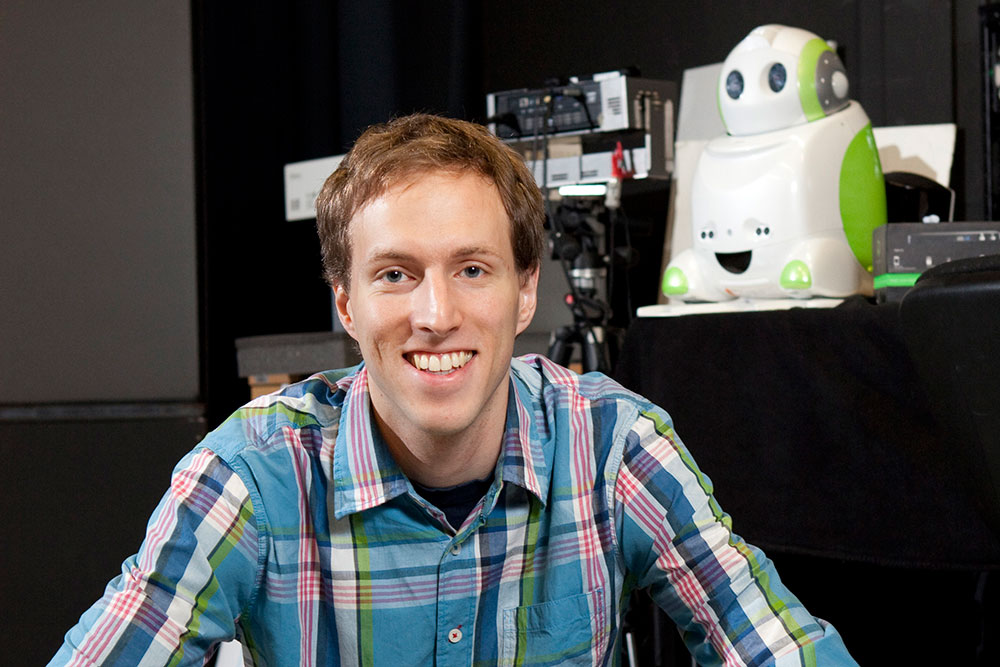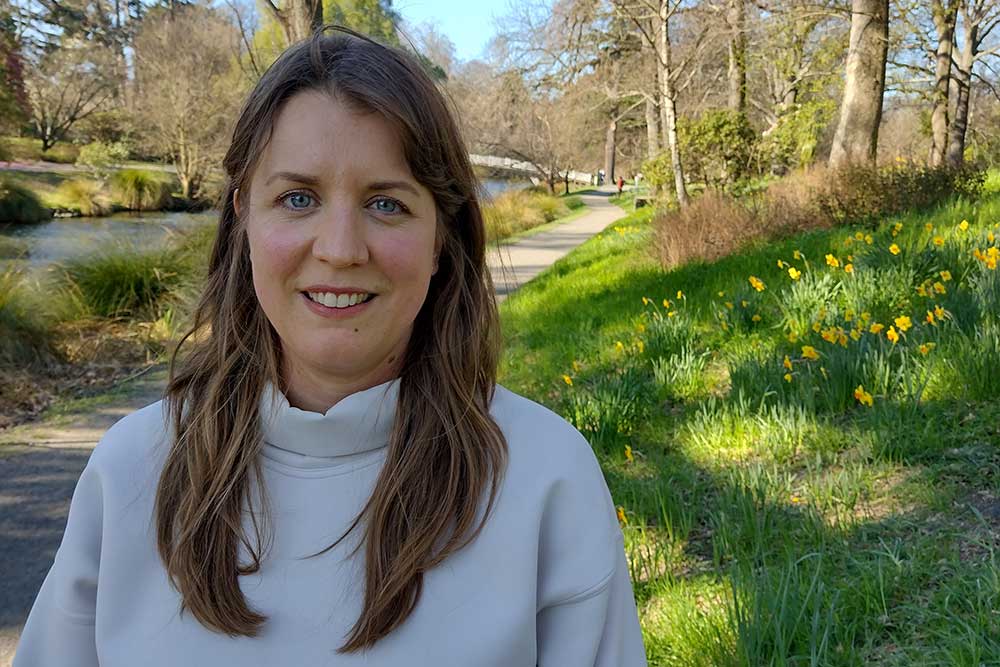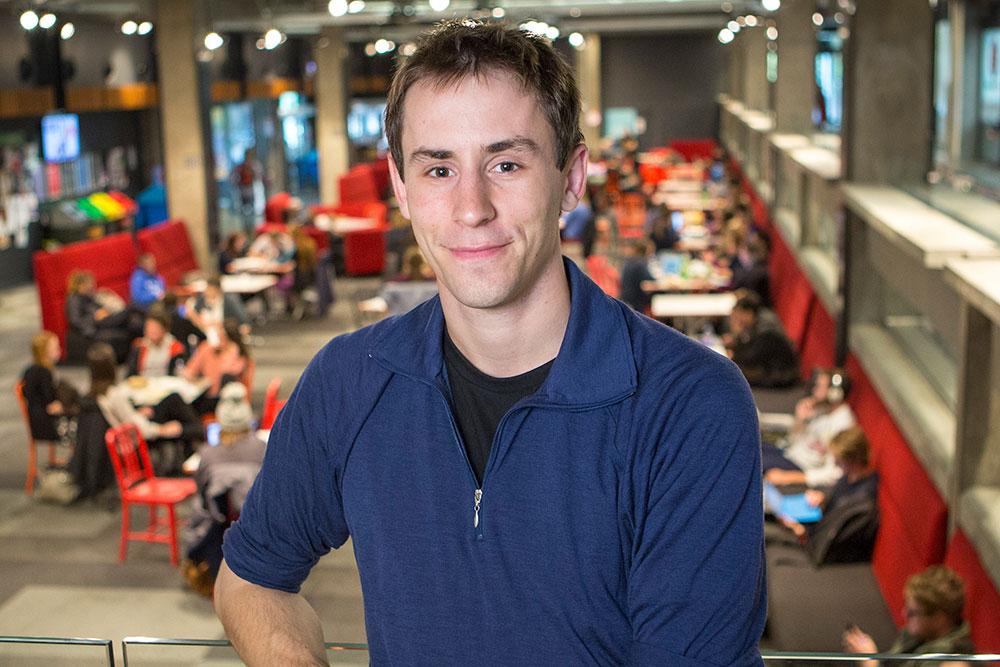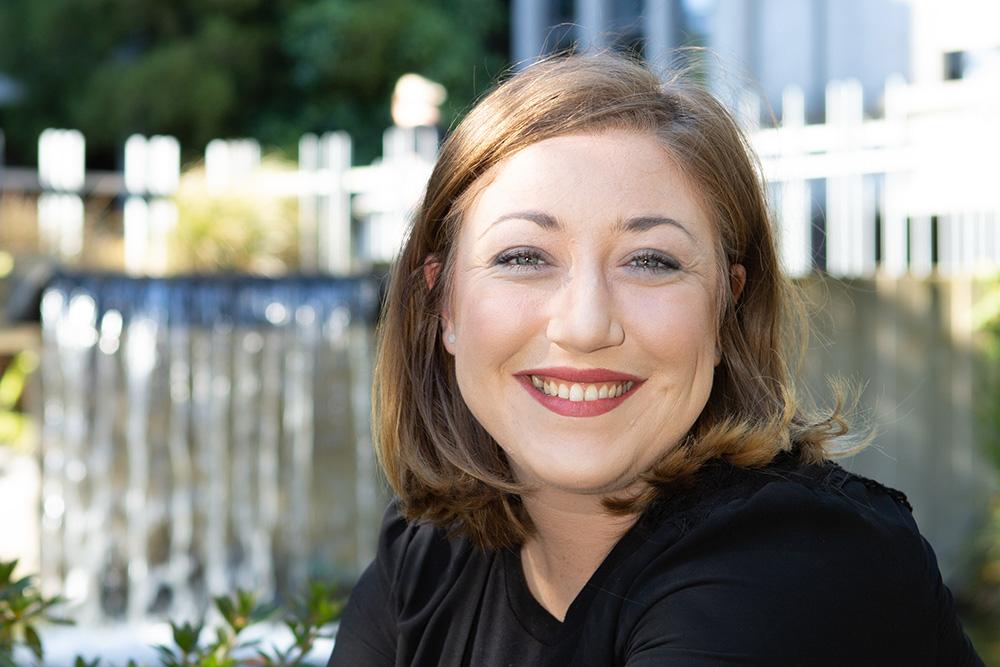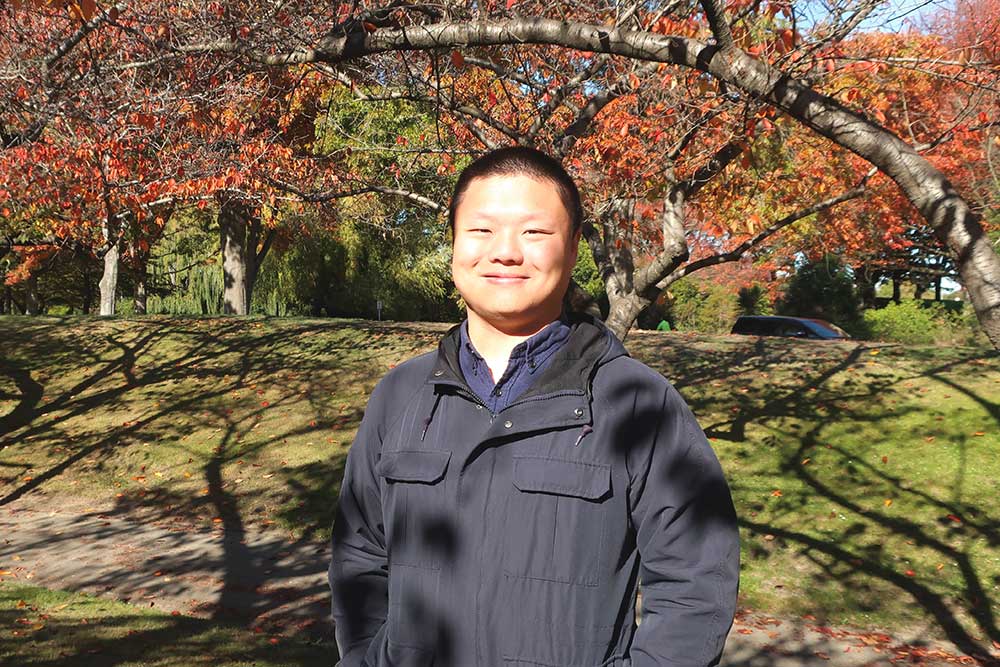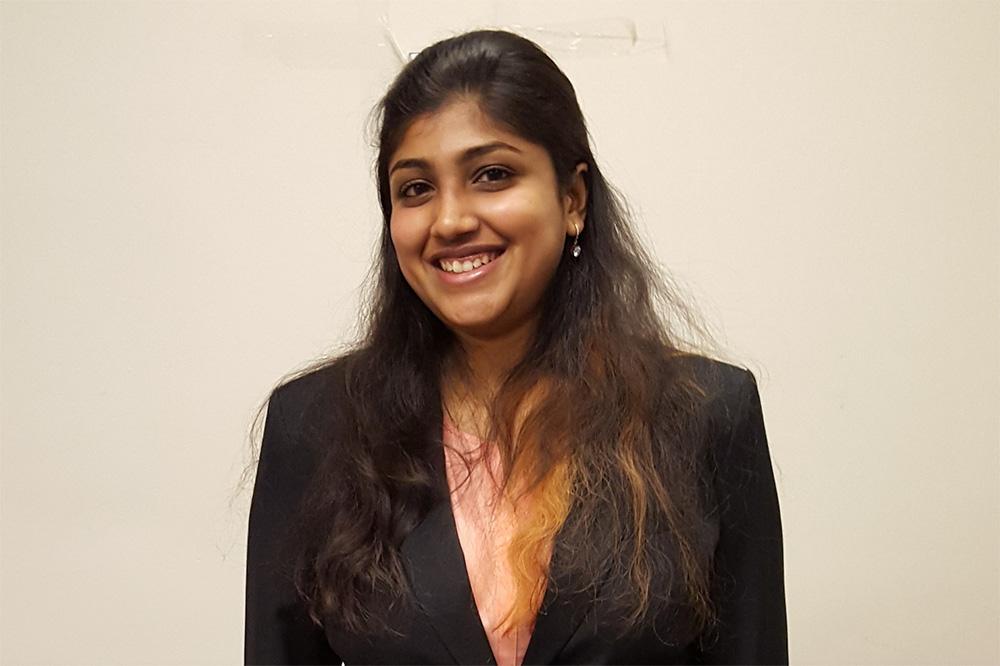PhD in Ecology
Quantitative Freshwater Ecologist, National Institute of Water and Atmospheric Research | Taihoro Nukurangi
As part of NIWA, Amy has an incredible opportunity to work directly with ecological conservation and sustainability endeavours in New Zealand and abroad.
"I enjoy doing work that has some meaningful real-world outcome. Finding better ways to help people protect threatened species, improve water quality, or build biodiversity-friendly cities is immensely satisfying," she says.
Using large quantitative sets of data, Amy analyses a variety of ecological and environmental factors to help decision making within different projects run by NIWA.
"My studies taught me to ask questions that get to the heart of the problem and look for analytical solutions. Writing code to find patterns in large datasets is like trying to solve a pule, you never quite know what you are going to find and what techniques you will need to use. These days I can usually be found writing code to analyse data and make maps of the environment and where different species live.
"I picked up my coding skills during my MSc and PhD degrees and these skills underpin all of my current work. While almost every job I do differs significantly from my original study subjects, I am able to undertake the work because I am able to apply my existing knowledge to the task at hand."
With her childhood spent growing up by Fiordland National Park surrounded by the outdoors, Amy quickly developed a passion for exploring the natural world.
"As a kid, I spent much of my spare time roaming around outside and asking my parents difficult questions about why things were the way they were," she says. "Early forays into science involved filling our glasshouse to work out whether native tussock seeds would germinate in grass; and dissecting over 500 perch, an introduced freshwater fish, at the kitchen table to see if they ate one of our threatened native whitebait species, the giant kokopu.
"Working out how we can give our native species a helping hand and improve the way we do conservation was an important motivator for my decision to study ecology."
Amy's journey began with honours studies in Ecology and Zoology at the University of Otago, before completing master's studies in Forest Resources at the University of Georgia in the USA.
Her first job role after study was with the Department of Conservation | Te Papa Atawhai as a Ranger working with whio, an endangered New Zealand blue duck species. During her work, Amy met her future PhD supervisor from UC, Professor Angus McIntosh, while in a helicopter in Fiordland studying whio, and was inspired by his enthusiasm to return to tertiary research with a UC Doctoral Scholarship.
"I enjoyed the collegial attitudes of the staff and students that I worked with at UC. Everyone was very supportive, both in an academic and a personal sense, and I have made some lifelong friends."
Following her PhD, Amy completed research with Landcare Research | Manaaki Whenua, then moved to Australia to work with the Quantitative & Applied Ecology Group at the University of Melbourne. Her projects have included the impact on biodiversity conservation from urban and agricultural developments, and calculating the number of polar skua on Ross Island based on the penguin populations in the area.
"My previous jobs have taken me to some amazing places, from deepest Fiordland to Antarctica, to work with species such as kākāpō, takahē, whio, and Adélie penguins."
She hopes to continue to support meaningful research and decisions around the environment, and looks forward to contributing to further conservation projects in the future.
Amy details more on her research projects, wildlife photography, and travels within her blog.



